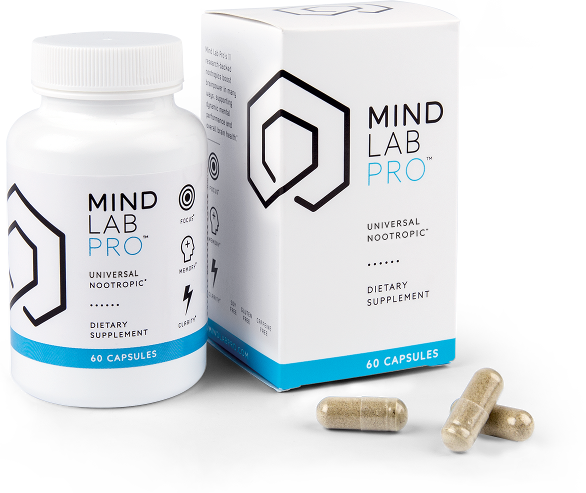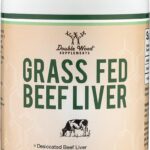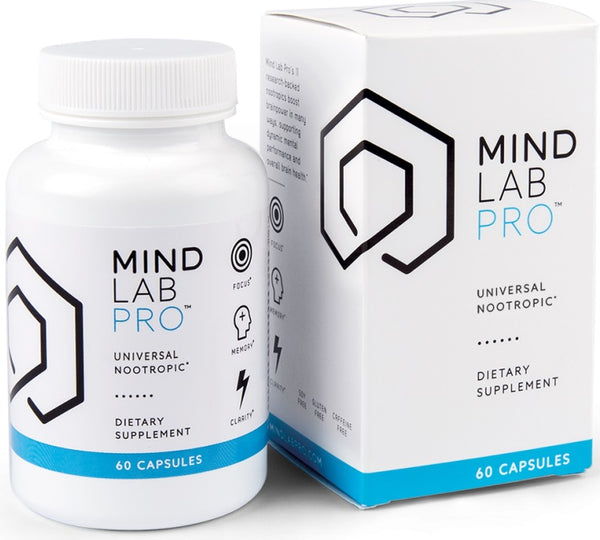Have you ever wondered if there is any scientific research backing up the supposed benefits of nootropics? You know, those brain-boosting supplements that promise to enhance memory, focus, and cognition? Well, you’re in luck because we’re here to shed some light on this topic. So, let’s dive right in and find out if there’s any truth to the claims surrounding these so-called smart drugs.
Nootropics, also known as cognitive enhancers or smart drugs, have gained popularity in recent years. People are turning to these supplements in the hopes of improving their mental performance, but is there any scientific basis for their effects? The short answer is yes, there is some research out there that suggests certain nootropics may indeed have cognitive benefits. However, it’s important to note that the evidence is not always robust or consistent across studies.
One prominent example of a well-researched nootropic is caffeine. We all know that a cup of coffee can give us a much-needed energy boost, but did you know it can also improve cognitive function? Numerous studies have shown that caffeine can enhance attention, alertness, and reaction time. Other nootropics, such as omega-3 fatty acids and certain vitamins, have also shown potential cognitive benefits, but more research is needed to fully understand their effects.
If you’re interested in learning more about the science behind nootropics and whether they can truly deliver on their promises, keep reading. In the following article, we’ll delve deeper into the research surrounding these brain-boosting substances. From examining different types of nootropics to exploring their potential mechanisms of action, we’ll help you separate fact from fiction when it comes to cognitive enhancers. So, stay tuned for a deeper dive into the world of nootropics and make an informed decision about whether they’re right for you.
What are nootropics?
Definition
Nootropics, also known as smart drugs or cognitive enhancers, are substances that aim to improve cognitive function, memory, focus, and attention. These substances can be natural or synthetic and are often taken in the form of pills, capsules, or powders. Nootropics have gained popularity in recent years, with claims of enhanced mental performance and increased productivity. But is there any scientific evidence to support these benefits?
Types of nootropics
There are several different types of nootropics, each with its own set of properties and effects. Some of the most common types include:
-
Racetams: This class of nootropics includes popular substances such as piracetam and oxiracetam. Racetams are believed to enhance memory and learning by increasing the release of neurotransmitters in the brain.
-
Cholinergics: These substances, like alpha-GPC and citicoline, aim to increase the production and availability of acetylcholine, a neurotransmitter involved in memory and learning processes.
-
Adaptogens: Adaptogens, such as rhodiola rosea and ashwagandha, are believed to reduce stress and improve mental performance by regulating the body’s response to stress.
-
Herbal extracts: Some natural plant extracts, like ginkgo biloba and bacopa monnieri, have been used for centuries in traditional medicine to improve memory and cognitive function.
The potential benefits of nootropics
Enhanced cognitive function
One of the main claims of nootropics is their ability to enhance cognitive function. This includes improvements in attention, concentration, and mental clarity. Proponents of nootropics argue that these substances can help individuals think more clearly, make better decisions, and be more productive.
Improved memory and learning
Another potential benefit of nootropics is improved memory and learning abilities. Some substances, like racetams and cholinergics, are believed to enhance the brain’s ability to form new memories and retain information. This can be particularly useful for students or individuals in demanding jobs that require a high level of information processing.
Increased focus and attention
Nootropics are also claimed to increase focus and attention span, allowing individuals to stay engaged and concentrate on tasks for longer periods of time. This can be especially beneficial for individuals who struggle with distractions or have jobs that require sustained focus and attention.
Reduced anxiety and stress
Certain nootropics, particularly adaptogens, are believed to have an anxiolytic effect, meaning they reduce anxiety and stress levels. By modulating the body’s stress response, these substances may improve mental well-being and promote a calmer state of mind, allowing individuals to focus better and perform optimally.
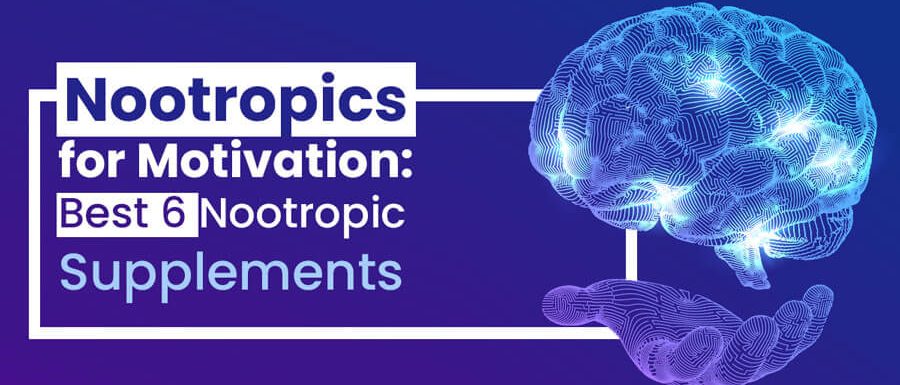
Exploring the scientific evidence
Studies on specific nootropic substances
When it comes to scientific research on the benefits of nootropics, there is a mixed bag of results. Some studies have shown promising effects, while others have found no significant improvement in cognitive function. For example, a systematic review of studies on piracetam, a popular racetam, found some evidence of improved cognitive function and memory in individuals with cognitive impairments. However, the same review concluded that there is insufficient evidence to support the use of piracetam in healthy individuals.
Effectiveness in healthy individuals
While some nootropic substances have shown potential benefits in individuals with cognitive impairments, the evidence for their effectiveness in healthy individuals is limited. Many studies on healthy individuals have produced inconsistent or inconclusive results. It is worth noting that the effects of nootropics may vary depending on factors such as dosage, individual genetics, and baseline cognitive function.
Research on cognitive decline and neuroprotection
One area where nootropics show promise is in the field of cognitive decline and neuroprotection. Some studies have suggested that certain nootropic substances, like ginkgo biloba and bacopa monnieri, may have neuroprotective effects and help slow down age-related cognitive decline. However, more research is needed to establish definitive conclusions and understand the mechanisms of action.
Mechanisms of action
The mechanisms of action of different nootropic substances vary. Some substances modulate neurotransmitters in the brain, while others improve blood flow or protect neurons from oxidative stress. Understanding these mechanisms is essential in determining the potential benefits and risks associated with nootropics.
Challenges and limitations
Quality of research studies
One of the main challenges in determining the benefits of nootropics is the quality of research studies. Many studies are small-scale, lack proper control groups, or have other methodological limitations. Additionally, some studies are industry-funded, which may introduce biases in the research outcomes. Overall, the scientific literature on nootropics is relatively scarce and often inconclusive.
Individual variability
Another challenge is the significant individual variability in response to nootropics. What works for one person may not work for another, and some individuals may even experience negative side effects. This makes it difficult to generalize the effects of nootropics to the general population.
Long-term effects and safety
The long-term effects and safety of nootropics are still largely unknown. Many of these substances have not undergone extensive safety testing or have been used for prolonged periods of time. It is important to consider the potential risks and benefits before using any nootropic, especially in the absence of long-term safety data.
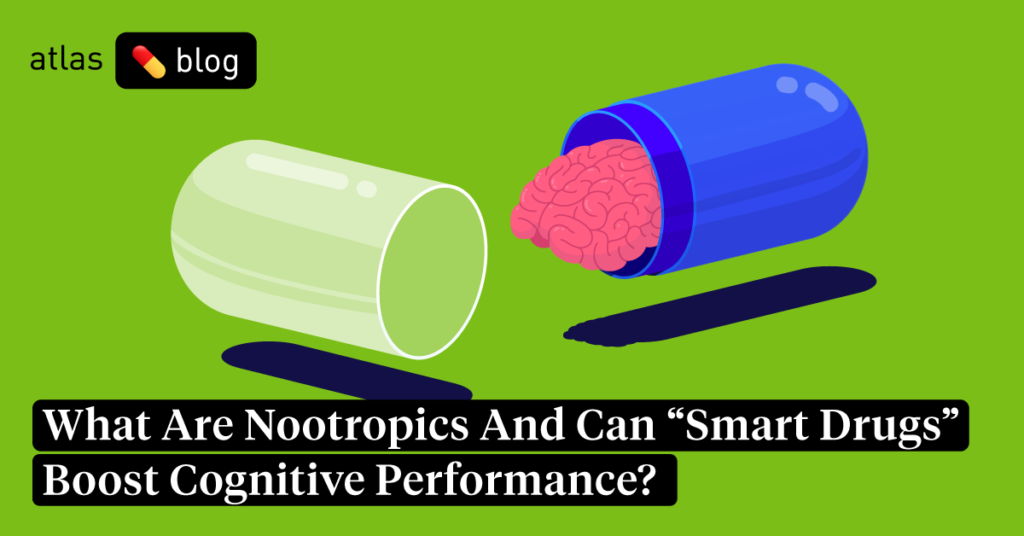
Regulatory aspects and concerns
Legal status
The legal status of nootropics varies depending on the country and specific substance. While some substances may be classified as regulated drugs, others may be freely available as dietary supplements. It is important to be aware of the legal implications and regulations before purchasing or using any nootropic.
Quality control and regulation
The lack of regulation and quality control in the nootropic industry is a cause for concern. Many products on the market may not contain the advertised ingredients or may be contaminated with harmful substances. It is crucial to purchase nootropics from reputable sources and ensure that they have undergone third-party testing for quality and purity.
Potential side effects and risks
Like any other supplement or medication, nootropics can potentially have side effects and risks. Common side effects may include headaches, nausea, digestive issues, and insomnia. Some substances may also interact with medications or have contraindications for certain medical conditions. Consulting with a healthcare professional before starting any nootropic regimen is advisable.
Nootropics in different fields
Athletics and performance enhancement
Nootropics have gained popularity among athletes and individuals looking to enhance their physical and mental performance. Some substances, like caffeine and creatine, are commonly used for their stimulating and energy-boosting effects. However, it is important to note that the use of certain nootropics may be prohibited in professional sports due to their potential performance-enhancing effects.
Education and academic performance
With the increasing pressure to excel academically, some students turn to nootropics to boost their cognitive abilities and improve their academic performance. However, the use of nootropics as study aids or cognitive enhancers is not without controversy, and the efficacy and long-term effects in this context are still uncertain.
Workplace productivity
Many individuals are seeking ways to increase their productivity and performance in the workplace. Nootropics, with their claimed benefits on cognitive function, memory, and focus, have become an appealing option. However, it is essential to approach the use of nootropics cautiously and consider other factors that may impact productivity, such as sleep, nutrition, and overall well-being.
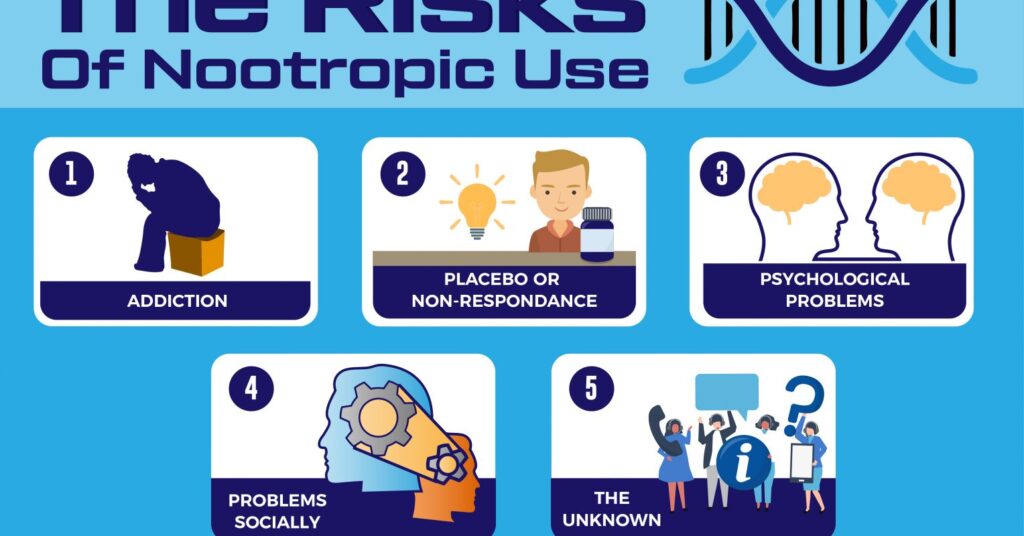
Personal experiences and anecdotal evidence
User testimonials
While scientific research on nootropics is limited, there is a wealth of anecdotal evidence and user testimonials available online. Many individuals claim to have experienced improved focus, memory, and overall cognitive function after using certain nootropics. However, it is important to approach these testimonials with caution, as they are subjective and not scientifically validated.
Online communities and forums
Online communities and forums dedicated to nootropics provide a platform for individuals to share their experiences, dosage recommendations, and discuss different substances. These communities can be a valuable source of information, but it is crucial to critically evaluate the information and consult with healthcare professionals before making any decisions.
Balancing the hype and reality
Understanding realistic expectations
It is important to approach the topic of nootropics with realistic expectations. While some individuals may experience positive effects, it is not a guarantee for everyone. Nootropics should not be seen as a magic solution for optimal cognitive function, but rather as one tool in a holistic approach to overall well-being and mental performance.
Importance of a holistic approach
When considering the use of nootropics, it is important to take a holistic approach to mental health and cognitive function. Factors such as sleep, exercise, nutrition, stress management, and social connections all play a crucial role in overall cognitive performance. Nootropics should be seen as a complement to these lifestyle factors, rather than a substitute.

Future prospects and ongoing research
Exploration of new substances and combinations
Research on nootropics is an evolving field, with ongoing exploration of new substances and combinations. Scientists are constantly studying the mechanisms of action and potential benefits of different substances, as well as the synergistic effects of combining multiple compounds. This research may shed light on new nootropic options in the future.
Advancements in neuroscience
Advancements in neuroscience and our understanding of the brain hold promise for further research on cognitive enhancement. As our knowledge of the brain’s mechanisms and functioning improves, we may better understand the potential benefits and risks of nootropics. Continued research and collaboration between scientists and clinicians are essential in advancing this field.
Conclusion
In conclusion, while there is some scientific research supporting the potential benefits of certain nootropics, the evidence is still limited and inconclusive. The effects of nootropics may vary depending on individual genetics, baseline cognitive function, and other factors. Before considering the use of nootropics, it is important to weigh the potential benefits against the risks, consult with healthcare professionals, and take a holistic approach to cognitive health and overall well-being.
